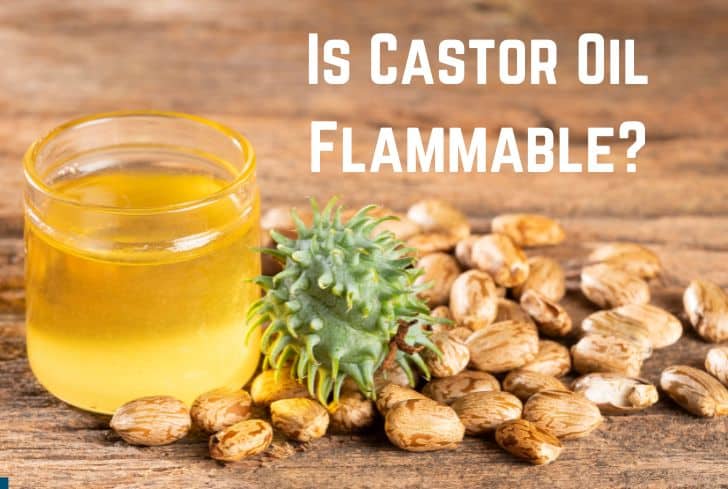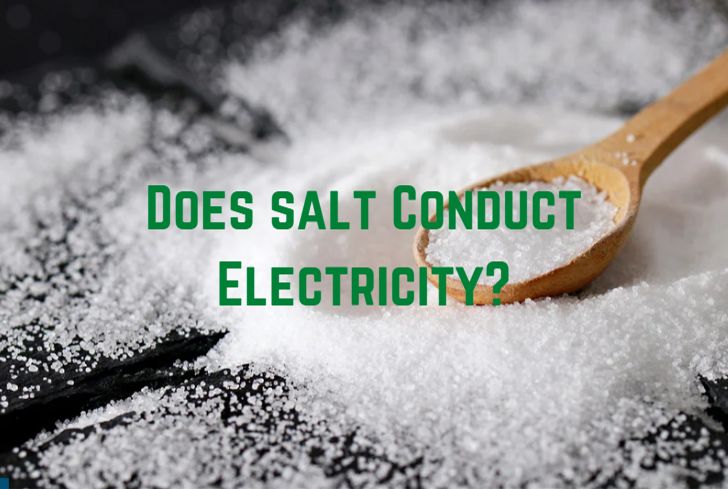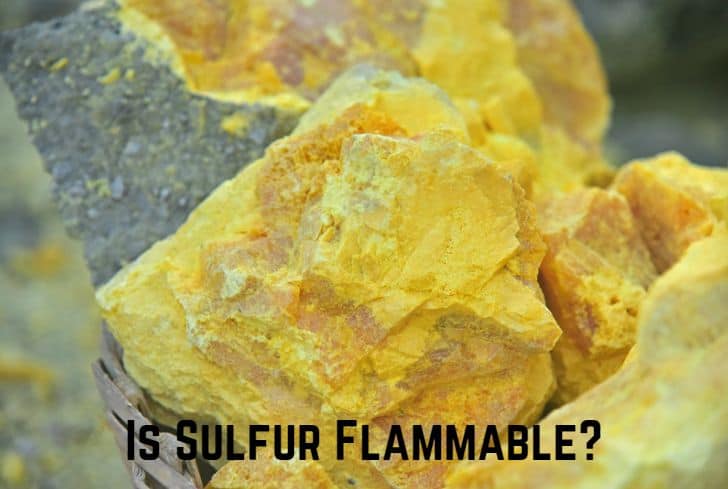Is Castor Oil Flammable? (And Flashpoint of Castor Oil)

Castor oil is not the oil you think of when you need to light a fire. The medicine has been long used to treat constipation as well as a laxative aid. Due to its very strong potency and flavor, it is not used as cooking oil or added to food. Now the question arises – Is castor oil flammable and is it same as fuel oil?
Since most oil is flammable and can burn up when it gets too hot sometimes, you might wonder about how castor oil would react. The answer and details about different types of oil may surprise you. If you are interested, read on to know more!
Read: Is Coconut Oil Flammable?
Is Castor Oil Flammable?
Cooking oils are the least combustible when it comes to flammability, and so is castor oil. To actually cause fire, castor oil would be required to be in direct interference or contact with a source of flame or heat. This is why it can be kept in the kitchen for cooking purposes as well as consumed straight.
A higher flash point means that the substance is more likely to burn easily. The oils that burn quickly, like engine oil, have a flashpoint of around 200°C – 270°C and can easily start to burn if not stored properly on a hot day.
On the other hand, with a flashpoint of 145°C, castor oil does not burn easily until brought in contact with a flame or fire, so it is not as flammable. Hence, it is okay to heat up or add to cooking processes, although not advisable.
What is Castor Oil?
Castor oil is a common vegetable oil that is made using castor seeds and is a versatile ingredient – used as a medicinal aid as well as in cosmetic products for its many benefits, particularly for the face and skin. It comes from the seeds of the plant, Ricinus communis plant – which is mostly native to areas in Asia and Africa.
The oil has many antimicrobial, moisturizing, and anti-inflammation benefits and can be used by mixing into a formula, consumed orally by the mouth, or even applied topically on the skin. However, its advantages for skin and hair may vary, as for some types, it causes irritation, or the effects are not seen.
The main agent that causes its many potent effects is ricinoleic acid, which gives it many antioxidant benefits. It is also quite popular as an item that can grow hair – particularly the eyebrows, but those qualities have not been scientifically proven with research.
What Happens To Castor Oil When Heated?
When heated, castor oil will turn warm and may even heat up to the point that it can melt substances. It has a low flashpoint, so unlike engine oil which can easily catch fire from heat, castor oil will take a long time before it becomes so heated that it becomes flammable.
If you were to bring a flame close to castor oil, a reaction that is sufficiently exothermic will ignite the reaction in castor oil, which will be brought on by strong oxidizing acids. Mixing hydrogen with alkali metals and hydrides produces flammable hydrogen.
What is the Flashpoint of Castor Oil?
The flash point is the temperature at which oil can start burning. Different varieties have diverse flash points, and a higher one means the substance will burn sooner. The flashpoint of castor oil is 145°C, so it is at a safe zone in terms of flammability, meaning it shall not burn so easily.
Although the vapor from castor oil may cause asphyxiation or a choking hazard when consumed in abundance, the steam is not necessarily dangerous to people. In case castor oil around you might start burning, remember that the fire can be controlled with carbon dioxide, a dry chemical, or a Halon extinguisher.

Freezing Point of Castor Oil?
The freezing point of castor oil is -10°C. Due to its high viscosity, castor oil does not freeze very easily and often makes a powerful humectant in cosmetic products. This is why it is often found in vegetable oil factories and used commercially for its many industrious properties.
Freezing the castor oil can will not affect its properties or consistency immediately. In fact, it might even go beyond the freezing point, yet still not harden as normal, liquified items would. In fact, it would take a day to a whole week to become solid, and an even colder temperature.
Is Castor Oil Hazardous?
Castor oil has many benefits and in general, does not have a lot of qualities that may be considered ‘hazardous’. The only way it can be harmful is if it’s taken for consumption in huge amounts, comes into contact with a flame that may cause burning, or lastly, causes an irritating reaction.
Judging just from its physical properties, the oil cannot cause an asphyxiation hazard. However, if it comes into contact with the skin or eyes, it may cause a lot of itching or irritation. Lastly, taking too much into the body may cause diarrhea, upset stomachs, vomiting, or cramps.
What are the Uses of Castor Oil?
Since ancient times, castor oil has been frequently put to use as a medicational drug, skin care as well as an industrial lubricant and biodiesel fuel ingredient. Today, castor oil is used as a natural remedy for various diseases, an edible product, and more.
The most common uses of castor oil, that can reap its best benefits, however, is as follows:
1. Used as a Natural Laxative
Castor oil is often used as a natural, stimulating laxative – meaning it can increase the flexibility of the muscles that push out materials in the intestines. While it is in the process, it also releases ricinoleic acid, which is taken by the intestine to create laxative effects.
Although castor oil can be used to relieve small-case constipation, it is not what should be taken for serious conditions and long-term health issues. Large amounts of the oil can cause cramping, nausea, diarrhea, or even vomiting.
2. Used For Moisturizing Skin
The ricinoleic acid, present in great abundance in castor oil, is a monounsaturated fatty acid – the kind that can be used as a natural moisturizer. It is often put in cosmetics to give it the hydrating qualities it has and the way its ricinoleic acid causes the applied area of the skin to lock moisture.
Hence, a lot of people also use it as an alternative to store-bought products as those might even be harmful sometimes. Those who are allergic to the oil or acid itself may face problems like irritation on the skin.
3. Can Help Heal Wounds Faster
Castor oil can also be used topically on wounds to help them heal faster. It creates an environment full of moisture for healing and stops sores from drying up. It might reduce infection on the skin, reduce pain in the wounds and also support healing when mixed into medicinal formulas like Peru Balsam.
However, the limitation to this is that castor oil needs to be mixed with other ingredients to work completely as a wound aid medicine, rather than a single product.
4. Can Be Used To Clean And Store Dentures
Incredibly, castor oil proves to be useful to those who wear dentures as it helps get rid of Candida fungi – a bacteria that can grow on dentures and cause infections like denture stomatitis. Inflammation in the mouth is not only harmful but also painful to go through – hence, castor oil can be handy in such conditions.
Even more so, a study shows that people who had denture-related stomatitis and used castor-oil-related products to cleanse and as mouthwash, had the amounts of C.albicans reduced dramatically as the ingredient tackles inflammation.
5. Beauty Products
Although it has not been scientifically proven effective, castor oil has been used as a growing agent for hair – especially eyebrows and lashes. However since it has moisture-locking properties, it is possible that it can help grow with the growth of follicles.
Castor oil can also be used if you are out of soap in the house. Though not a very common practice, when used as a cleanser, it creates a foam similar to that of normal soap and is often used in their making.
6. Skin Care
The most beneficial properties that castor oil has are probably on the skin. To begin with, the item is anti-inflammatory, which is great for treating irritation on the skin. It also protects the skin with its antimicrobial properties that keeps away microbes that cause disease.
The triglycerides present in the formula are the components that give it amazing moisturizing benefits and also help remove dirt from the skin, keeping it hydrated. The best part about it all is that castor oil is much cheaper compared to expensive skincare regimen products that will cause a problem for your budget.
When all the required benefits of anti-inflammation, cleansing, and moisturizing can be derived from just a cooking / medicinal item, it is obvious that one would want to go for the more economical option.
How To Dispose of Castor Oil?
If your castor oil has expired, a good way to dispose of it would be to place it in a container – one that cannot be broken and easily slipped into your trash. Another sustainable way is to dispose of it at an eco-station nearby if you have one around.
Castor oil has a shelf life of 5-6 years, but if exposed to moisture, it can go bad very quickly. Once your oil has expired, make sure to never flush it down or throw it as it is, since that can be toxic to the environment. You might not be directly affected, but nearby animals who might come in contact with it can be harmed.
Final Thoughts
We hope that this article has helped you understand what this antiviral and antimicrobial oil is and what it can do for your body. Although castor oil is sustainable and biodegradable and is considered to be a green element, always remember to dispose of the oil in a responsible manner.






